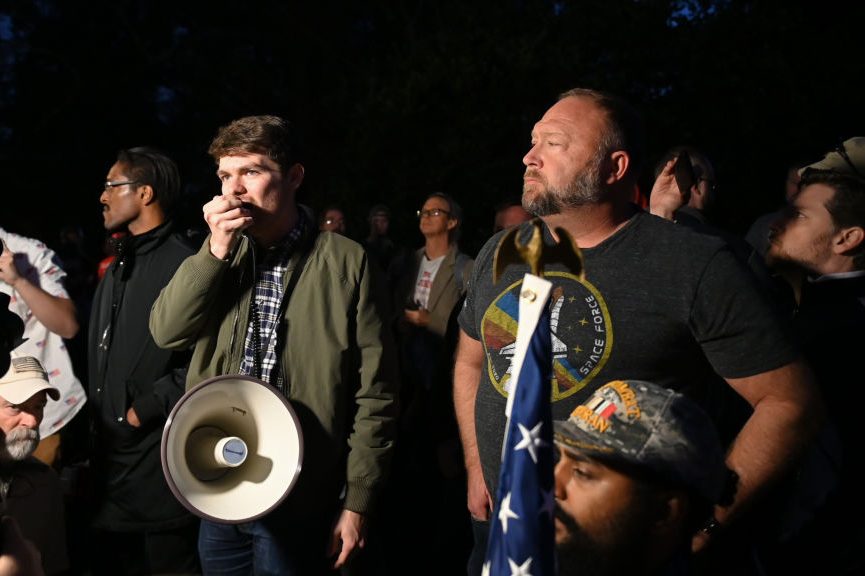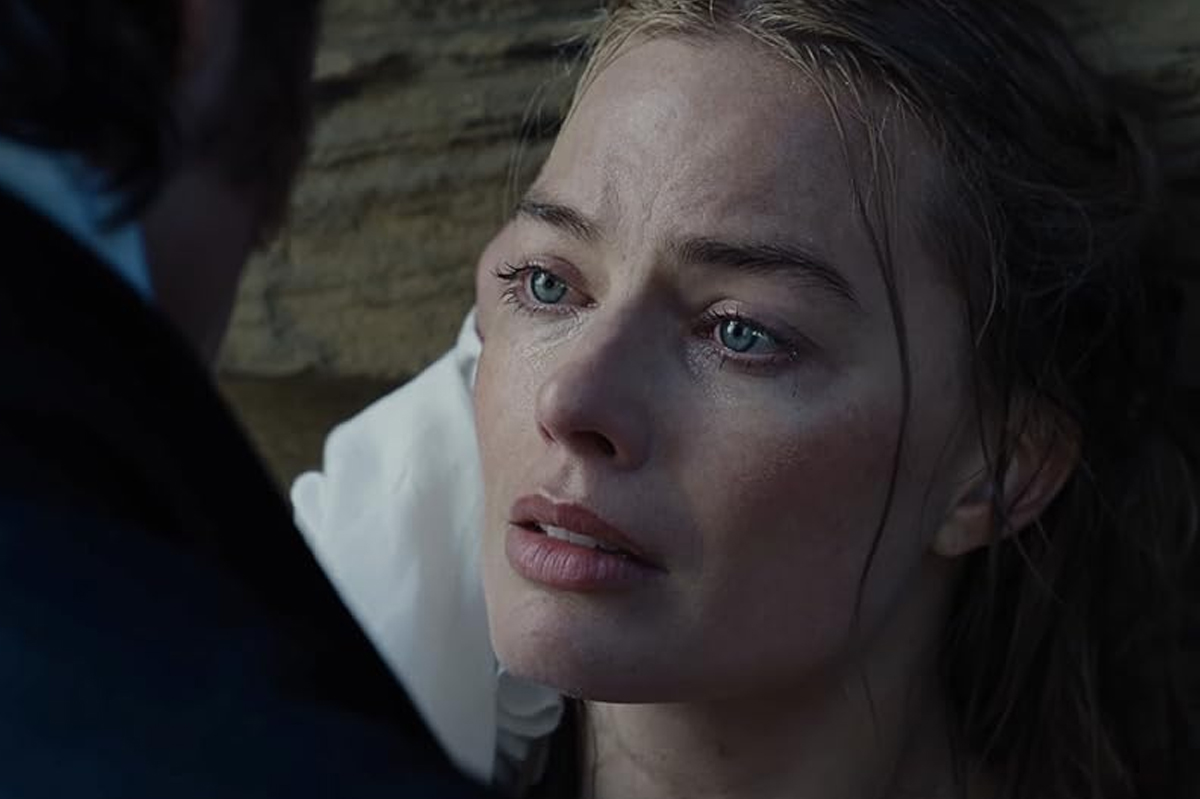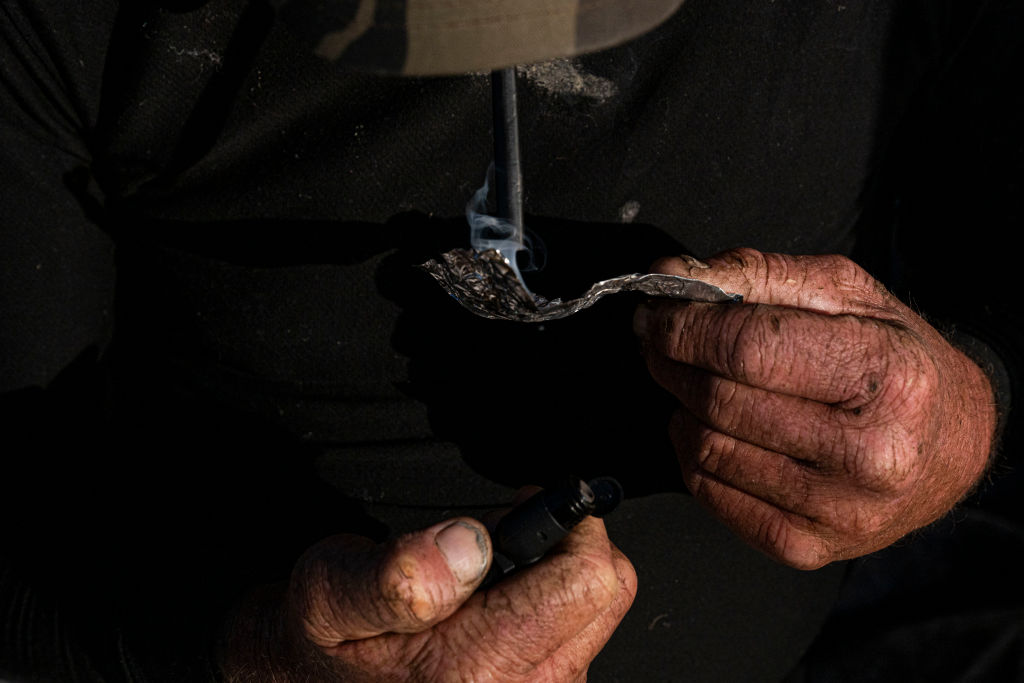Last month there occurred an event so culturally seismic that it made, well, a barely perceptible dent on the news headlines. Not just one but two actual women were nominated for the Best Director Award at the Oscars, a category that has for many years now been open to five nominees. It was the first time that two women have ever made it into contention in the same year and, by their audacious presence at the top table, Emerald Fennell (Promising Young Woman) and Chloé Zhao (Nomadland) have at a stroke increased the number of women the Oscars have ever nominated for this prize from five to seven. (Only one, Kathryn Bigelow, for The Hurt Locker, in 2009, has won).
Given that 2021 will see the 93rd iteration of the Academy Awards, that’s not bad going. At this rate, we can expect celluloid gender parity by…oh, you do the math.
If there is any justice in the world (spoiler alert: there isn’t), Zhao will walk away with the top prize come April 25 for her elegiac look at those rootless souls who travel America in camper vans. Yet it is Fennell’s humdinger of a film that is going to grab the column inches and provoke discussion and outrage in equal measure.
I don’t make all those heavy-handed comments about the sexism of the Oscars for no reason. It’s ingrained, it happens year after year (also at the BAFTAS, the Golden Globes and all the rest), on such a dispiriting scale that it is almost a cliché to harp on about it. Those of us who care about such matters have grown used to our yearly resigned sigh at yet another all-male shortlist before carrying on with our daily cultural lives. It’s much the same as the way women stopped noticing, much less flagging up, all the hundreds of little things — keys permanently gripped in hand ready to attack an attacker, swapping to the opposite side of the street if a stranger nears us when we are walking after dark, pretending to make a phone call to a boyfriend if a taxi driver makes us feel uncomfortable — that constitute our daily actual lives. In Britain, the Sarah Everard case has lit a fuse under such stories and sparked their long-overdue outpouring. I know that I was by no means alone in feeling startled at this invitation to tell ‘my story’, as though ‘my story’ was anything out of the ordinary. The necessity of making such ‘small’ adjustments to our daily lives has been so deeply and fiercely ingrained in us for so long, for ever.
And this is precisely the point that Promising Young Woman makes so splendidly and so very passionately. Its heroine is Cassie (Carey Mulligan, also Oscar-nominated, go sister), formerly a promising medical student who dropped out of college after a sexual assault on her traumatized best friend Nina. Nina, whose bright future was shattered by this, was attacked by a fellow medical student. Much like the customary course of the Oscar nominations, Nina’s story is depressing in its grim familiarity: she wasn’t believed; she’d had a lot to drink; the legal system is angled against female victims whereas male perpetrators overwhelmingly get away with it. Thus Cassie decides to embark upon a skillful and stylish revenge mission against the men, at all levels of the ‘system’, who were complicit in Nina’s downfall, either actively or by their tactically-timed silence.
To say more would be to spoil the riches in store, but it is both thrilling and chilling to watch the clinical efficiency with which Cassie sets about her self-appointed task. Even now we remain unaccustomed to seeing a woman on screen be so unafraid of making herself disagreeable in pursuit of her goal. Men, of course, have been doing this on film for eons, but that’s a whole other story. Cassie’s ruthless behavior disturbs a hell of a lot of gender stereotypes — which I think is precisely the point Fennell is making. The film will undoubtedly split opinions, but this much I confidently predict: there are a lot of things about which women, promising, young or old, are unlikely to stay mute any longer.
This article was originally published on Spectator Life.

























